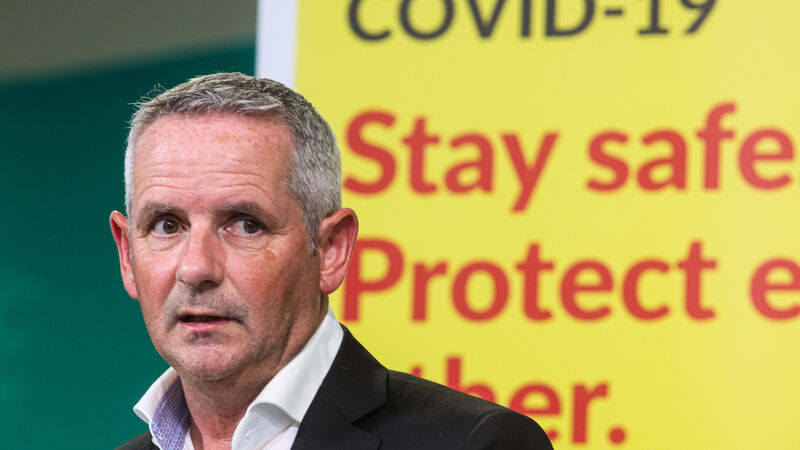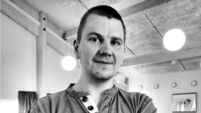Reid urges public not to 'drop their guard' out of frustration over Merrion event

The HSE chief executive said the vast majority of eligible people will have at least their first dose by late August or early September. Photo: Sam Boal / Photocall Ireland
The head of the HSE has said people must not drop their guards in terms of Covid-19 precautions out of "frustration or confusion" over the controversy around politicians gathering at the Merrion Hotel.
Confusion reigned this week when advice from the Attorney General indicated some outdoor gatherings are permitted despite the public thinking this is not the case. This followed news of a gathering at the Merrion Hotel held by former minister Katherine Zappone.













